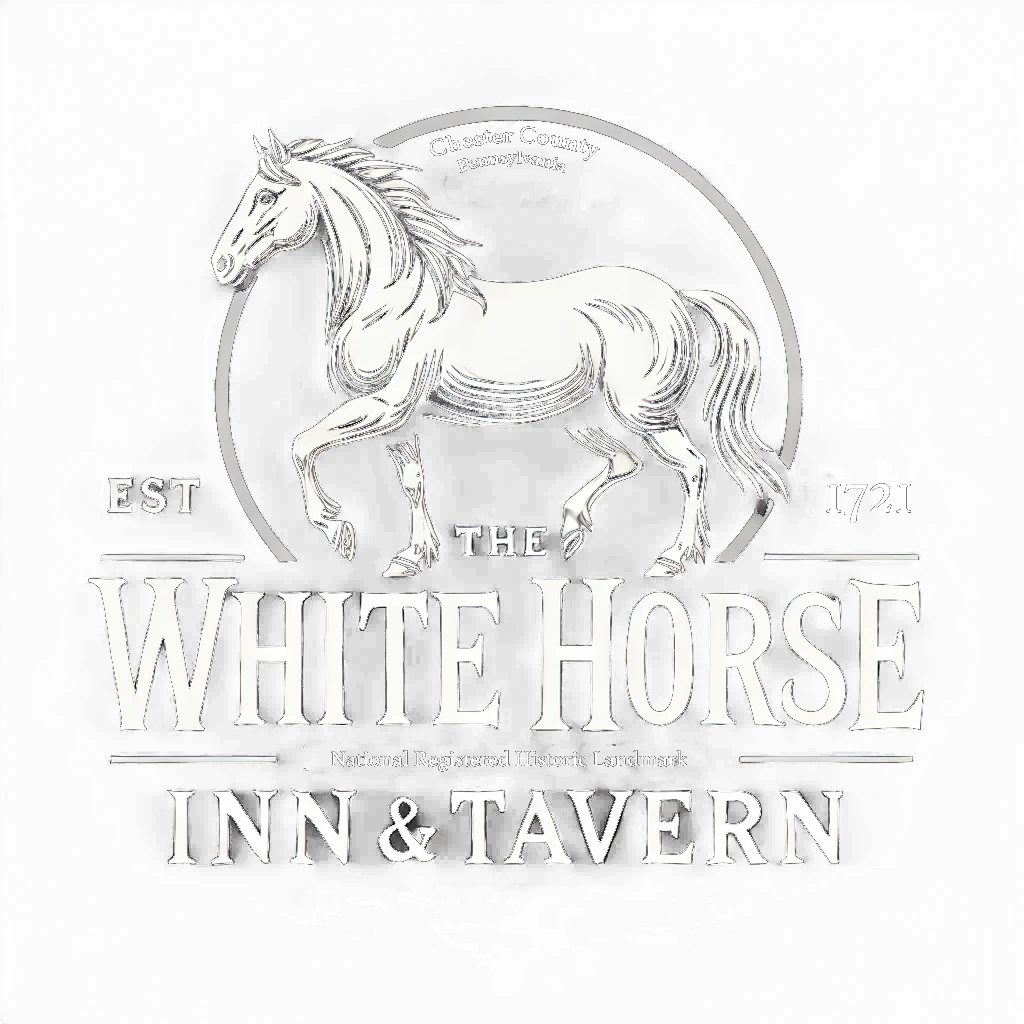Historian Gary Ecelbarge argues an intriguing view backed up by many sources of the gamesmanship and gambles taken by Washington and Howe, and won by Washington, in his article titled “Aggressive-Minded Gamblers: Washington, Howe, and the Days Between Battles, September 12-16, 1777” published in Journal of The American Revolution on March 10, 2020.
The first paragraph of Gary’s article highlights the importance of White Horse Tavern in the history of the American revolution:
On Tuesday afternoon, September 16, 1777—five days after the Battle of Brandywine—George Washington and most of his 11,000-member Continental army stood atop the South Valley Hills in Chester County, Pennsylvania, ill-prepared to repel the approach of 14,000 British, Hessians and Loyalists composing Sir William Howe’s Crown Forces. Aside from skirmishing on the flanks, a fierce, natural event turned this into the grand battle that never happened. It is referred to today as either the Battle of the Clouds, Battle of Goshen, Battle of White Horse (or Whitehorse) Tavern, as well as the Battle of Warren Tavern.
Aggressive-Minded Gamblers: Washington, Howe, and the Day’s Between the Battles, September 12-16, 1777 by Gary Ecelbarge. https://allthingsliberty.com/2020/03/aggressive-minded-gamblers-washington-howe-and-the-days-between-battles-september-12-16-1777/
Washington gambled that Howe did not know the best route to Philadelphia after the Battle of Brandywine. Washington was able to draw Howe into the Battle of White Horse Tavern, which delayed the capture of Philadelphia by 10 days allowing members of the Continental Congress to escape and continue the resistance. The rain that washed out the grand Battle of the White Horse Tavern, saved Washington’s Army from a full-scale battle, which may have been disastrous, allowing Washington to ultimately regroup in Valley Forge and build the force that ultimately defeats the British.
Howe gambled on changing his strategy from one of capturing the capital, Philadelphia, to one of capturing or destroying Washington’s Army. He did not succeed and turned his focus back to taking the capital, but with much less of a prize. Approximately two weeks from the Battle of the White Horse Tavern, Howe sent his resignation off to Parliament.
